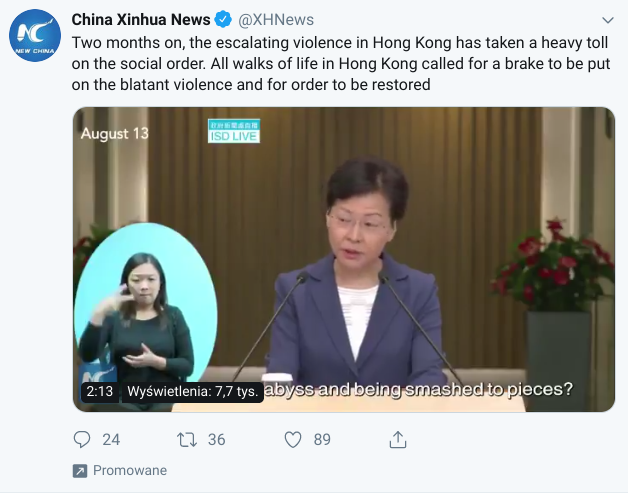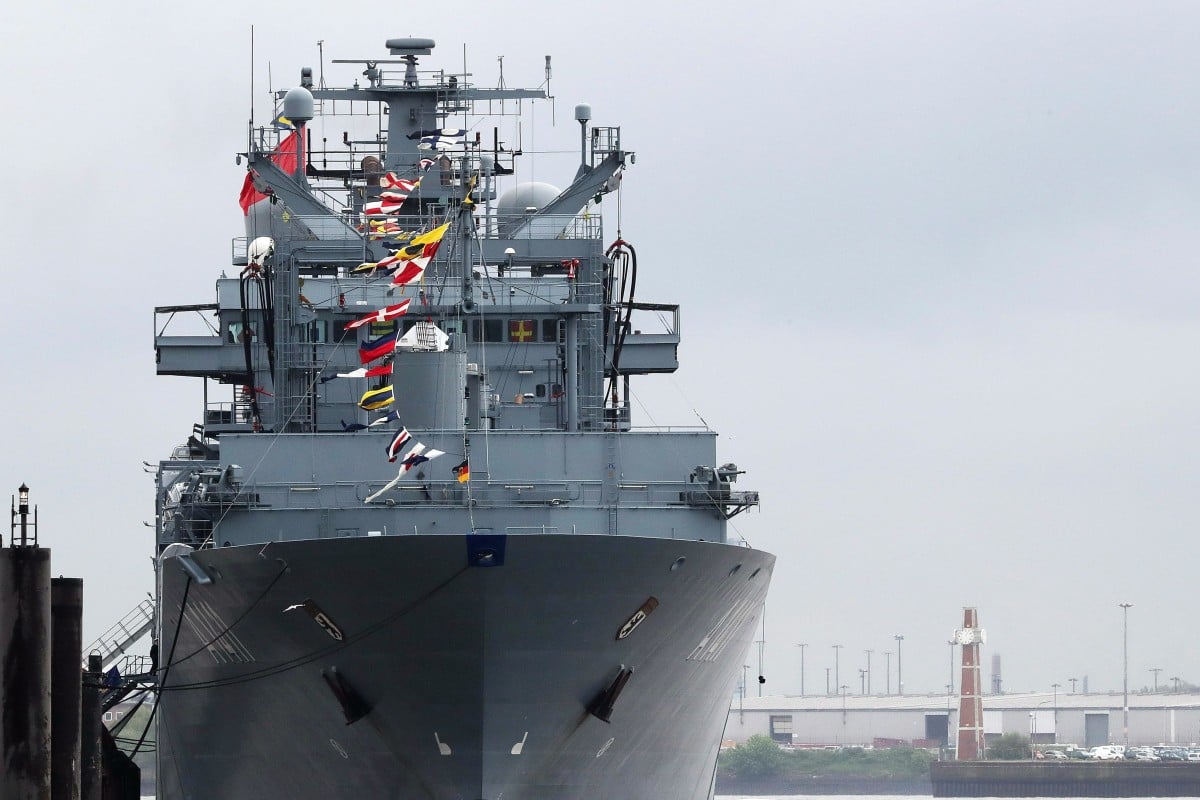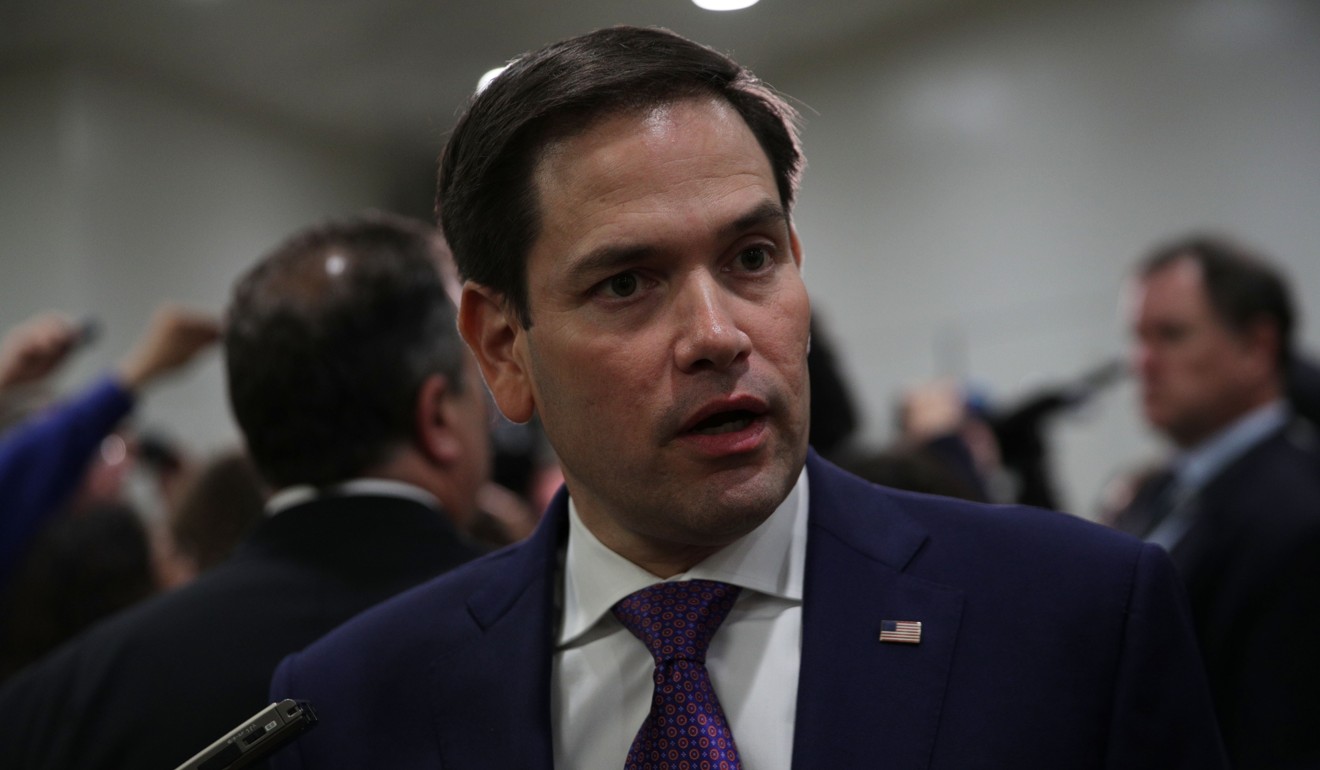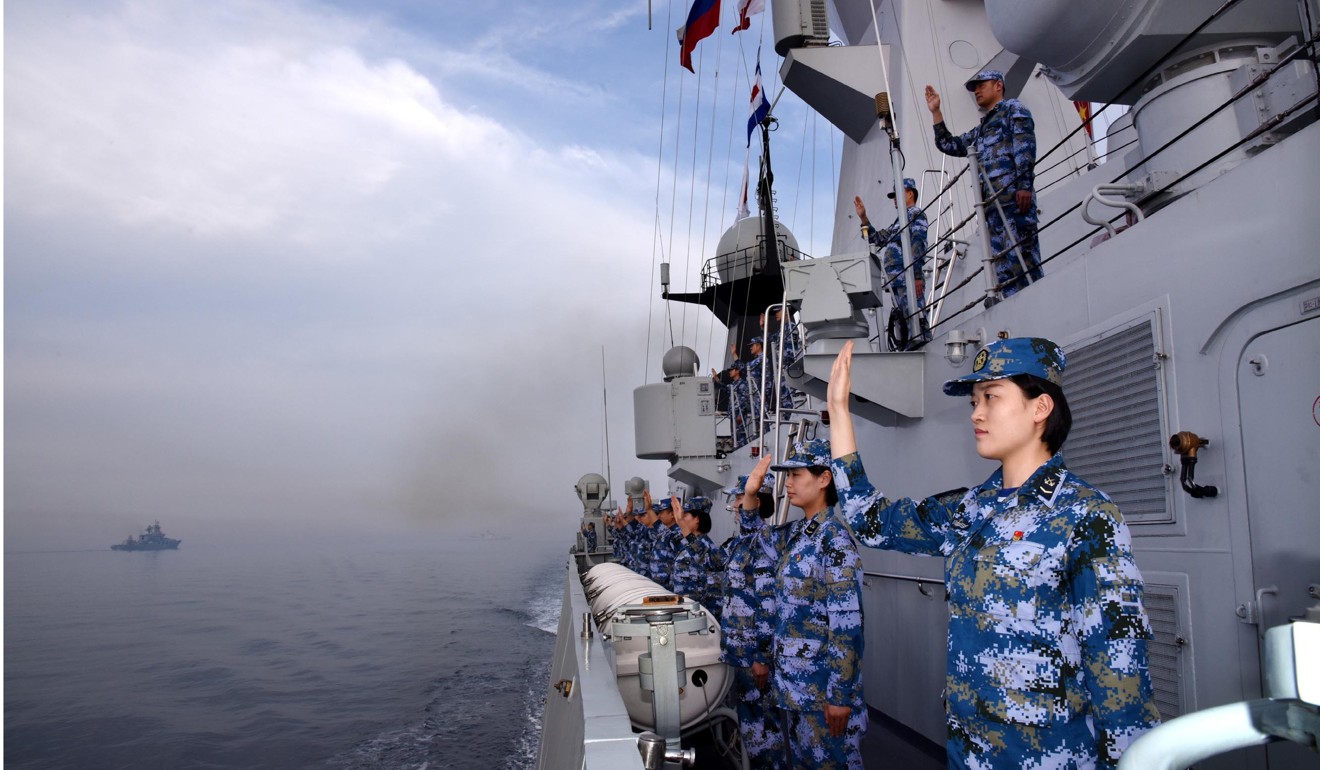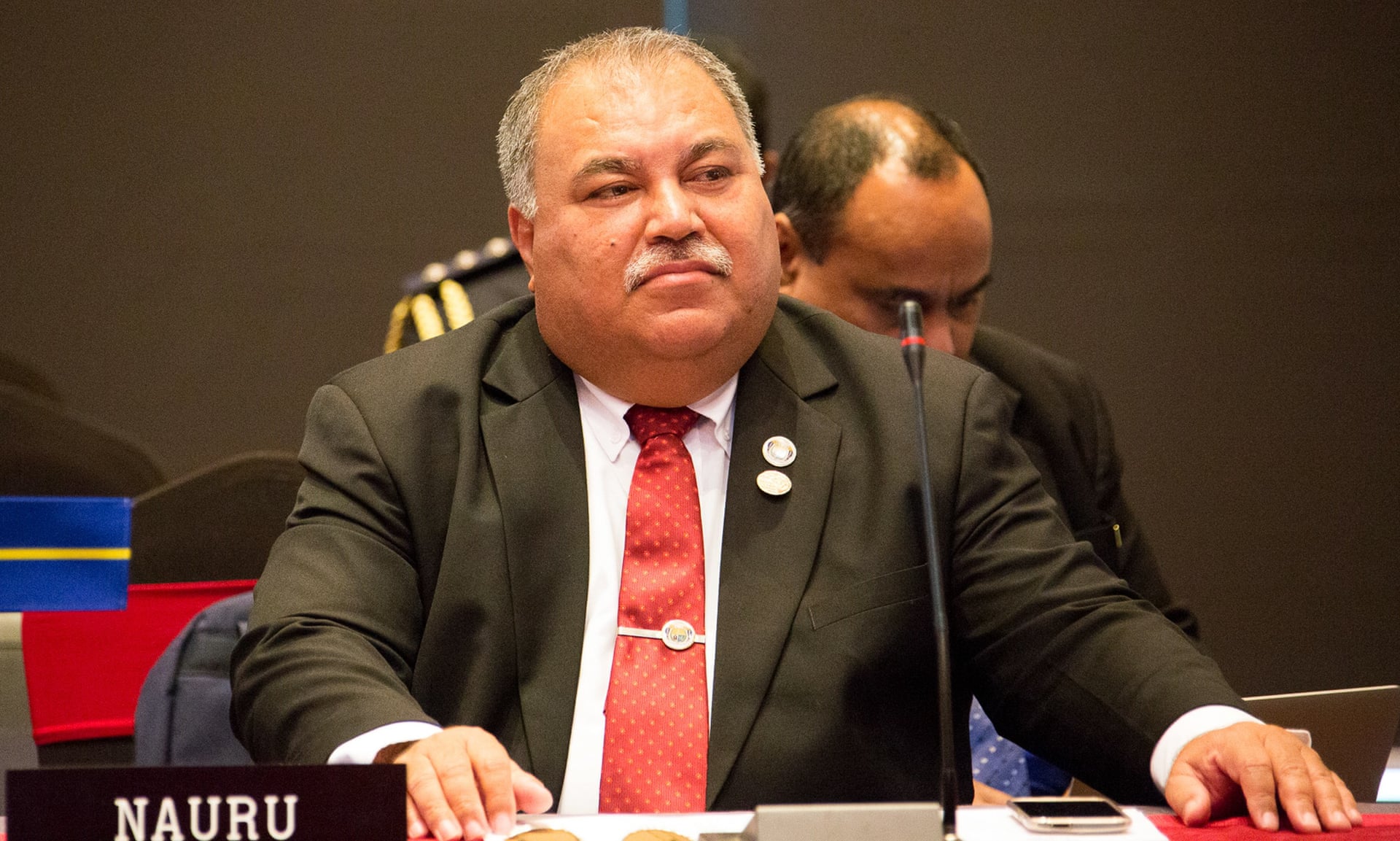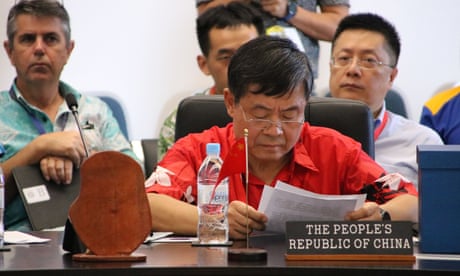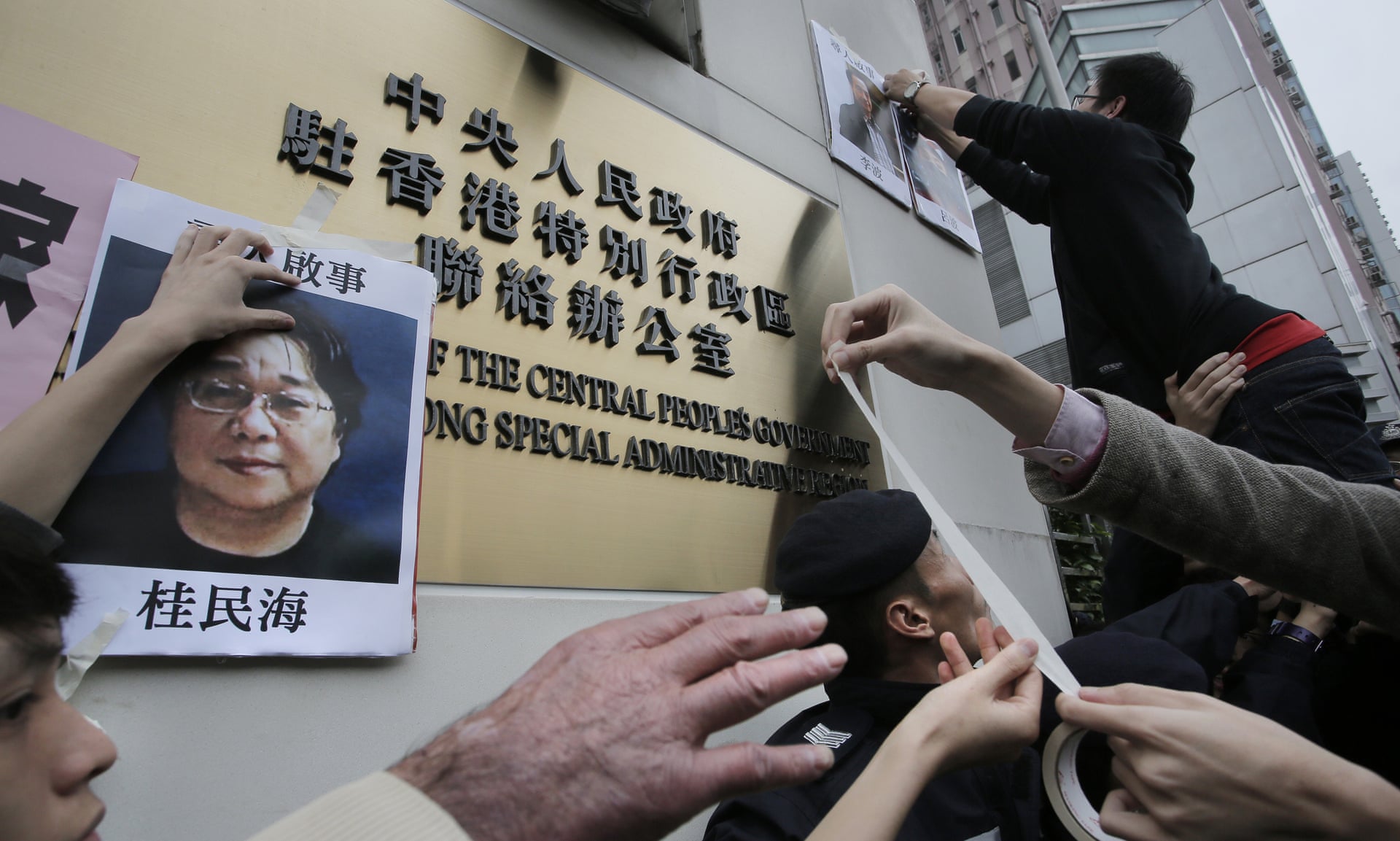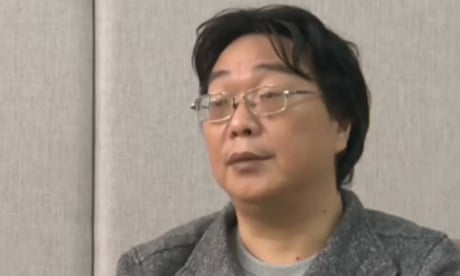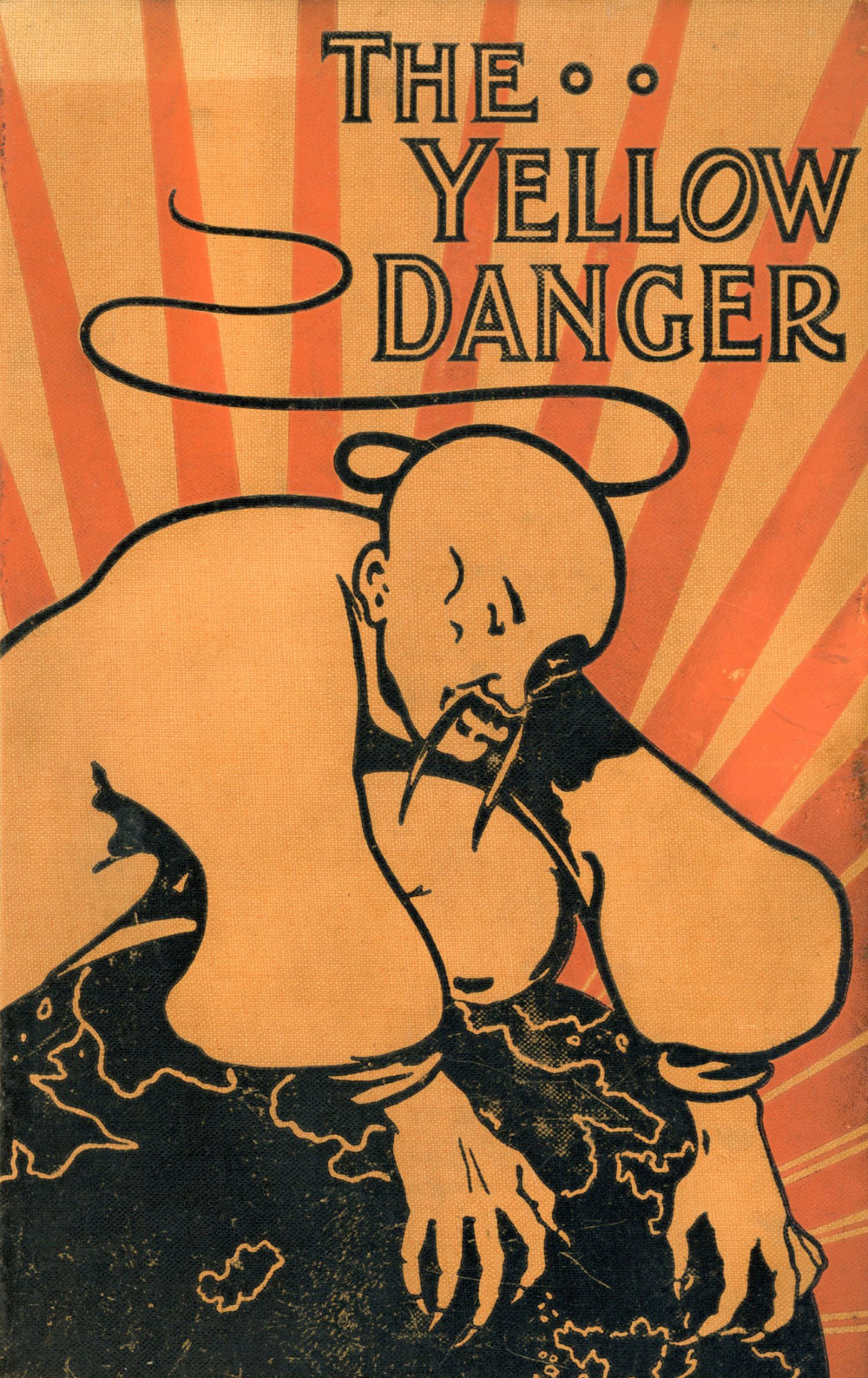China Bullies Western Universities Because They Let ItBY CHRISTOPHER BALDING

Cambridge University Press’s
announcement that it had removed 300 articles of the
China Quarterly from its Chinese website at the request of regulators reignited the debate on
academic freedom in China.
Following massive pushback, the publisher announced that it would not censor the requested articles and even went so far as to make them available for free.
But the incident should be a warning to Western universities, academics, and publishing houses that they must reconsider how to engage with a China intent on censoring ideas both at home and abroad.
It’s not the
China Quarterly articles themselves — a ragtag bunch going back to the 1960s, which seem to have been
arbitrarily chosen using keywords like “Tiananmen” and “Xinjiang” — that mattered for the hundreds of scholars who immediately protested the decision.
It was the fact that a respected publication was bending the knee to censorship and what this represented about the broader complicity of Western organizations, universities, and academics in helping China export its academic censorship around the world.
Over the past decade, the number of Chinese students studying abroad has increased rapidly.
In 2000, there were fewer than 50,000 students, but by 2015 more than 500,000 were heading overseas every year.
Many Chinese students welcome the escape from an education system that values
rote memorization over critical thinking and requires multiple classes, usually slept through, on communist ideology.
Western universities rushed to meet demand.
They sent recruiters and
negotiated agreements with third parties to sell Chinese students on the idea of studying abroad.
Elite universities hurried to open campuses or sign partnership agreements with Chinese universities. Twelve universities — including Carnegie Mellon, Duke, and Johns Hopkins — have
established degree-granting partnerships with Chinese universities to meet demand for their educational services.
Some
critics within academia raised concerns about cooperating with China’s notoriously illiberal universities, where censorship and self-censorship is the norm.
This has deepened since
Xi Jinping took office in 2012; Chinese professors avoid giving interviews to any media even on uncontroversial topics, with one well-known Chinese professor
noting, “In the last 40 years, freedom of speech for intellectuals has never been constricted as severely as it is now.”
The crackdown on academic speech has strengthened sharply in the last few years, with Western textbooks being removed from classrooms and academics silenced.
The central government recently has also begun to restrain online media and entertainment in order to demonstrate ideological loyalty in the lead-up to the 19th Chinese Communist Party Congress, planned for October.
Little effort is made to hide the restrictions at Chinese universities, which
openly publish censorship guidelines for faculty that forbid criticizing the Chinese constitution, party leaders, and discussing religion.
Other informal prohibitions include discussion of specific topics such as Taiwan, Tibet, and Tiananmen Square.
According to a recent
report by the U.S. Government Accountability Office (GAO) on U.S. universities in China, Chinese students respond with self-censorship, avoiding any taboo topics for fear classmates may “report on whatever the students say.”
Meanwhile, professors in Chinese universities expect to have party monitors report on how closely their lectures conform to approved ideology, and ambitious faculty who want to move into leadership roles at any university must be party members.
Recent audits carried out by the all-powerful Central Commission for Discipline Inspection, which leads the ongoing anti-corruption campaign that has also functioned as an ideological purge, critiqued elite Chinese universities like Peking and Tsinghua, known for their relative openness to Western ideas, for weak “
ideological and political work.”
Western universities’ traditional response to criticisms on China’s restrictions on free inquiry was to claim that they could help liberalize their Chinese counterparts by establishing contact with them.
What has happened instead is that they’ve ended up importing Chinese academic censorship into their own institutions.
Cambridge University Press censoring on behalf of Beijing is not the first time elite British universities have opted for the bottom line over principle in accepting Chinese censorship contributions.A recent
study by the U.S. National Association of Scholars found widespread evidence that the
Confucius Institutes, Beijing-funded centers for “Chinese culture and language” in foreign campuses, limit what can be taught and discussed not just in their courses but throughout universities. Confucius teachers are paid by the Chinese Ministry of Education and are required to adhere to Chinese laws on speech even when teaching overseas.
As the report noted, “Some reported an outright ban on discussing subjects that are censored in China.… [U]niversities have made improper concessions that jeopardize academic freedom and institutional autonomy.”
Western universities are not just accepting censorship; they are signing up for it.
Western universities that have established partnerships with Chinese universities for degree-granting programs have faced similar problems.
While publicly stating their support for academic freedom, Western universities have accepted the reality that they must impose a censorship regime to exist in China.
The GAO report noted that one Western institution’s faculty handbook includes “language that protects academic freedom but also encourages self-censorship to prevent externally imposed discipline.”Even foreign students now have to take propaganda classes mandated by the government.China even has its embassies and consulates direct Chinese student groups, coordinate protests, and gather information abroad on reluctant participants.
The University of California San Diego considered canceling a speaking engagement with the
Dalai Lama after pressure by Chinese student groups that
work with the Chinese government, and some universities, like North Carolina State, have even rescinded their invitations to the Tibetan leader. Many
students and
scholars have encountered Beijing-directed pressure and censorship at events around the world.
The latest fiasco from Cambridge University Press is a business decision.
Cambridge University Press claimed that it risked being blocked in all of China unless it complied with the censors’ demands.
Given China’s decision to
block the articles after they were restored, the publisher’s fears were well-founded.
But either way Cambridge University Press should have made a stand, instead of folding at the first chance.
Worryingly, Cambridge University Press is not alone in its dereliction of duty.
Many other well-known institutions and professors regularly acquiesce to Chinese authorities or their counterparts on a range of issues bearing on academic freedom.
Cambridge University Press’s sudden discovery of its spine is admirable, but the publisher’s initial unwillingness to refuse the request underscores how reluctant institutions are to risk their Chinese cash cows.
Aiming for a diverse student body or announcing opposition to Donald Trump’s immigration ban is a low-cost form of opposition that helps a university establish liberal credentials at home.
No foreign university, however, has demonstrated willingness to show the same level of opposition to demands made by the Chinese government that it would deem unacceptable at home.
The opportunities are too big, and their principles turn out to be surprisingly pliable.
Western universities, academics, and publishing houses face a stark choice.
If they continue to obey Beijing, they make themselves complicit in promoting censorship and human rights violations.
If they walk away, they turn their backs on large revenue streams and potential donors.
Yet good intermediate steps can be taken in dealing with Communist Party demands to impose censorship on Chinese research abroad.
First, university libraries should consider unsubscribing from publishing houses or journals that promote censorship by their complicity.
Markets that do not promote censorship are ultimately much more important to Cambridge University Press than China.
Second, professors should refuse to submit, review, or cite journals that promote censorship by complicity.
Universities need to change the entire way they think about China.
Universities selling their brand to China are much too willing to sell their principles as part of the package.
The idea that U.S. universities in China operate with any real academic freedom is delusional; if they are to engage, they must accept that they are part of the party machinery.
Domestically, Western universities with strong privacy and freedom of speech protections should not be afraid to stand up for those values.
Whether it is inviting a scholar to speak on Hong Kong’s Umbrella Revolution or the Dalai Lama, universities should not cave to insecure demands by Beijing on what is and is not acceptable discussion about China.
Chinese students who harass teachers or fellow students over nationalistic issues, as just happened at the University of Sydney in Australia, should be censured by university authorities, not pandered to.Additionally, Western democracies should take action against Beijing-directed intelligence efforts on university campuses and the direct running of student groups from Chinese embassies.
If universities value freedom of thought and assembly, they will need to promote these ideals by making students feel secure that they are not being monitored and reported on in China.
Western governments and universities, which often protest U.S. military recruitment efforts, seem much more sanguine about Beijing intelligence efforts and direction.
Finally, punitive measures by Western universities and academics need to be considered.
Children of Chinese senior party officials who, on paper, make less than $20,000 a year are attending elite U.S. universities and enjoying the benefits while their parents rail against the dangers.
(The usual course is to claim that a “foundation” or “sponsor” has sent them, as happened with Bo Guagua, the son of the now-fallen leader Bo Xilai. Bo Guagua was also suspended from Oxford University for his poor performance, only to find himself unusually and fortunately restored the next year, at a time when his father still seemed like a useful contact for the university.)
These schools would be justified to at least consider a moratorium on the acceptance of the children of senior Chinese officials.
Furthermore, academics who go to China on consulting contracts or as honored persons need to consider limiting the public kudos they give to a system that goes against the values they claim to hold dear.
The naive hope that simple interaction would yield a liberal turn in China has done nothing to stop one of the biggest crackdowns on independent voices in Chinese academia since the Cultural Revolution.
Western universities face an actual test of their commitment to free speech, rather than the cheap rhetoric they’re keen to offer at home.
 Mayor of Prague Zdenek Hrib, left, and Taipei city mayor Ko Wen-je singed a partnership agreement between the two cities.
Mayor of Prague Zdenek Hrib, left, and Taipei city mayor Ko Wen-je singed a partnership agreement between the two cities.





